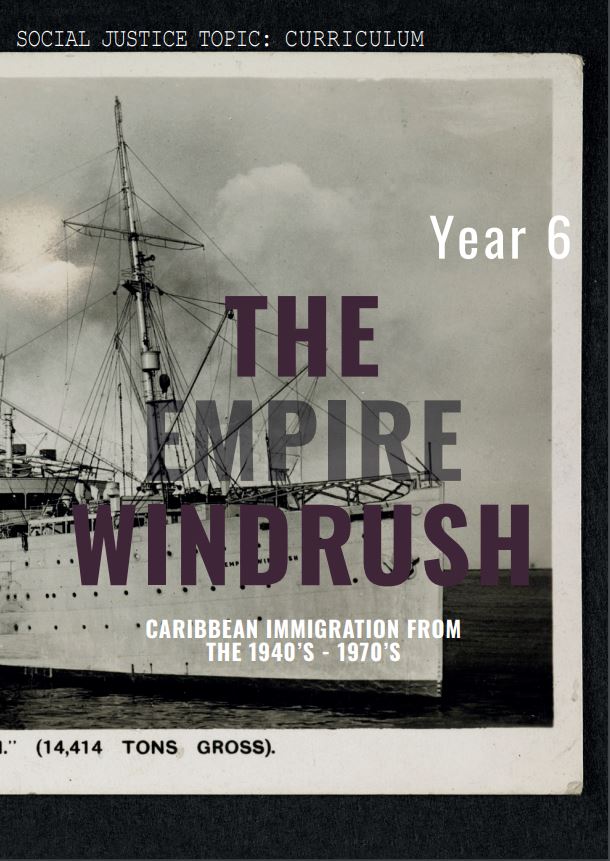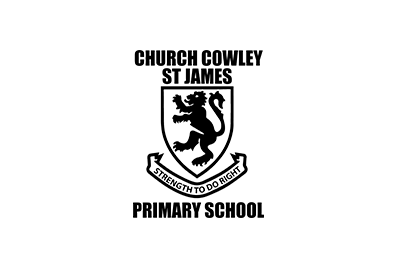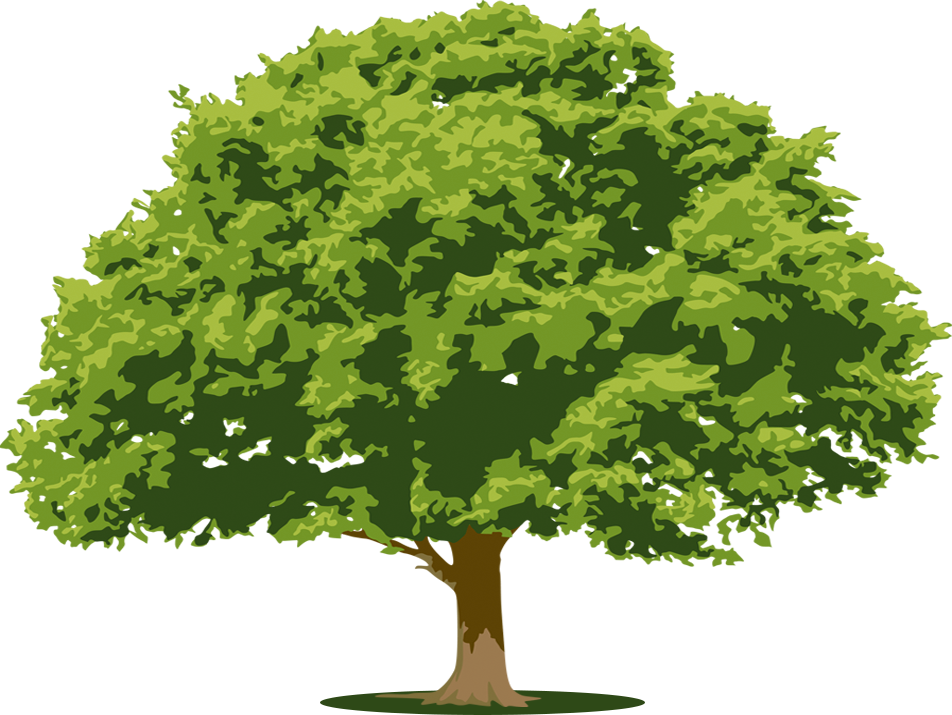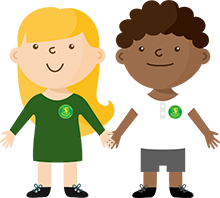History
Historical skills are taught through our topic curriculum, with each year group studying a range of historical periods, examining life under six key themes:
Faith, Religion and Rituals
The religions and beliefs of the time: who believed what and why, and how this affected their daily lives. The hierarchies between people within the faiths, and the segregation and discrimination of other faiths.
Childhood: Toys, Education and Labour
The lives of children in the period: what their education was like, how they were expected to behave, what they played with and if they worked jobs, sometimes in dangerous positions.
Everyday Life: Housing, Clothing, Health and Food
The types of homes people lived in and what it was like to live there. The clothes they wore and what they were made from. The quality of healthcare and the standard of medicine
Human Impact: Climate
The increasing impact of waste and pollution on the planet over time, from the earliest civilisations, through the industrial revolution to today's climate emergency and beyond.
Equality
The changes in equality for different races, ethnicities, genders and sexualities throughout history: how they were represented and treated and their rights, the injustices they faced, and the lessons to be learnt.
Crime and Punishment
The rules and laws of the time and how they affected different groups of people. The punishments for different crimes and how they were decided upon. The injustices felt by specific groups in society.
Through examining these key themes, children will build on their historical understanding by comparing these societies to those they have already studied. They also compare these to life today, looking at how society has progressed and areas where more progress is needed.
history knowledge and skills progression.pdf
Our Curriculum Workbooks
We have developed our workbooks across Geography, History and Science classes to ensure that there is the appropriate coverage, the standards are high and that every child, regardless of who their class teacher is, has the same opportunity, understanding and contextual coverage for each topic. Click on one of the books to see a small snapshot of the expectations for learning in each year group.
Term 2
In the second term, children focus on different Empires throughout British history, looking at how they fit into their growing chronological narrative. They examine how these empires are linked through family trees and how life expanded, changed and dissolved over time.
Empires-Topic (ID 1086)
-
Year 1: EmpiresA study of Castles, how designs of castles have changed over history and how they kept the people safe
Year 1: Empires
-
Year 2: EmpiresA study of Anglo Saxons, using artefacts and primary evidence to find out about Alfred the Great and other people who lived in Anglo Saxon times
Year 2: Empires
-
Year 3: EmpiresA study of Iron Age forts, using primary and secondary evidence to find out how they protected people who lived in them and what life was like in a hill fort.
Year 3: Empires
-
Year 4: EmpiresA study of the Victorian era and the changes to the British Empire over this time
Year 4: Empires
-
Year 5: EmpiresA study of Roman Britain, looking at what life was like and their legacy they left behind.
Year 5: Empires
-
Year 6: EmpiresA study of the Tudors, looking at the changing lives of Kings and Queens and everyone else,from the Battle of Bosworth to Elizabeth I
Year 6: Empires
Term 4
The fourth term focuses on Social Justice. Starting with a study of rights and responsibilities and the child's rights, children then look at democracy, how laws are conceived, debated and created, and how a democratic society works. Later, children look at social injustices worldwide throughout history. From immigration, migration and refugees, slavery and the slave trade, how Britain played a role in its implementation and subsequent demise, and finally, the Windrush scandal.
Social-Justice-Topic (ID 1108)
-
Year 1: Rights, Rules and ResponsibilitiesA study of our rights in the world, and the responsibilities we have to look after our planet.
Year 1: Rights, Rules and Responsibilities
-
Year 2: The Rights of the ChildA study of the United Nations Convention on the Rights of the Child, and how this affects children across the world.
Year 2: The Rights of the Child
-
Year 3: Parliament and the Rule of LawA study of politics and how the political system works in the UK, how laws are made and the responsibilities of MPs.
Year 3: Parliament and the Rule of Law
-
Year 4: Immigrants, Refugees and MigrantsA study of human migration, the push and pull factors that cause it, and the desperate experiences of refugees across the world.
Year 4: Immigrants, Refugees and Migrants
-
Year 5: Slavery and the Atlantic Slave TradeA study of the Atlantic Slave Trade, the countries that took part (including Britain) and reasons for its commerciality and eventual abolishment.
Year 5: Slavery and the Atlantic Slave Trade
-
Year 6: The Empire WindrushA study of the Caribbean, the people who came to the UK in the 1950s, their experiences and treatment, and the immigration scandal in 2018.
Year 6: The Empire Windrush

Term 5
The fifth term is all about Key Figures in society who shaped our world. Children will focus on various aspects of social change in history: the inequalities in representation throughout history for Mary Seacole, the racial injustices faced by Rosa Parks and Nelson Mandela, the fight for gender equality spearheaded by Malala, and the true critical appraisals of Winston Churchill and Mahatma Gandhi.
Influential-People (ID 1107)
-
Year 1: Mary Seacole and Florence NightingaleA study of Mary Seacole and FLorence Nightingale and their bravery in the Crimean War.
Year 1: Mary Seacole and Florence Nightingale
-
Year 2: Rosa ParksA study of Rosa Parks and her activism for equality for Black people in 1950s America
Year 2: Rosa Parks
-
Year 3: Winston ChurchillA study of Winston Churchill and his role in the Second World War
Year 3: Winston Churchill
-
Year 4: Mahatma GandhiA study of Gandhi and his role as a peaceful activist against the Bristish Empire in India
Year 4: Mahatma Gandhi
-
Year 5: Malala YousafzaiA study of Malala and her activism to promote education for girls in Taliban-occupied Pakistan
Year 5: Malala Yousafzai
-
Year 6: Nelson MandelaA study of Apartheid South Africa and Nelson Mandela's fight for racial equality .
Year 6: Nelson Mandela
To learn about terms one, three and six, click on the Geography link.


